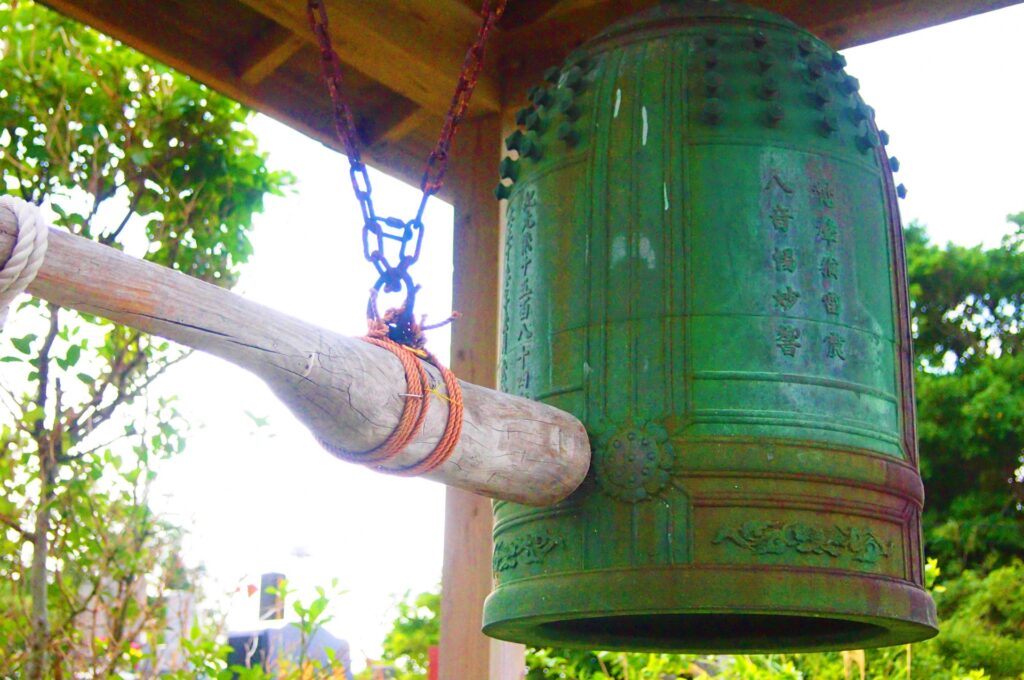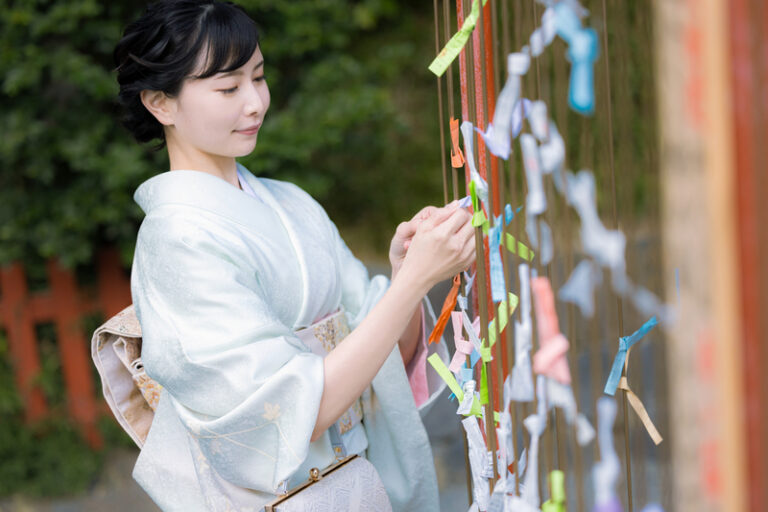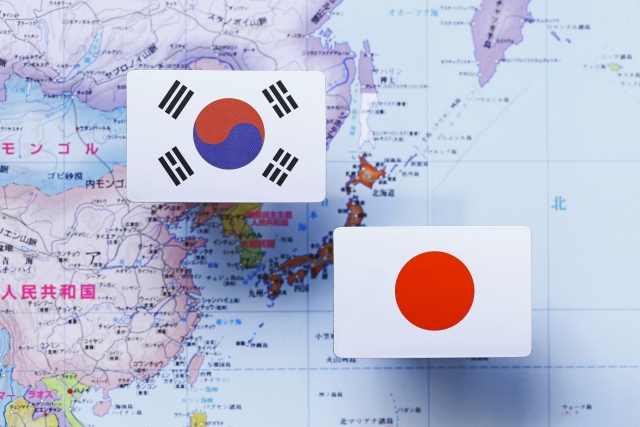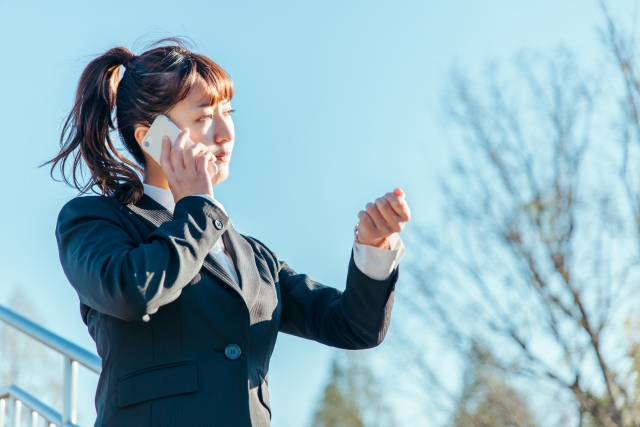The last event of the year is probably to listen to the sound of the bell ringing 108 times on New Year’s Eve.
And if you are asked why the number is 108… I have heard that people have 108 worldly desires… ……
In this page, we will consider in more detail why we ring the temple bell 108 times on New Year’s Eve.

Click here to learn Japanese language with the best one-on-one Japanese tutoring lessons in person or online.
Contents
What is “Joya-no-Kane”?
First of all, “Joya” means the night when the old year is removed, and it is the night of Omisoka (December 31). Since the bell is rung on this night, it is called “Joya-no-Kane,” or the bell of the New Year.
The bell is rung by striking the temple’s bell with a bell hook. This bell is called “Bon-sho.
The bell is often rung 108 times, for reasons that will be discussed later.
The “striking method” varies from region to region and temple to temple, but there are four types as follows
- 108 times within the year
- 107 tsuki during the year, and 1 tsuki after the new year.
- 108 blessings are made after the new year. 4.
- the first tsuki is done after the new year.
Around me, the number 3 seems to be the most common.
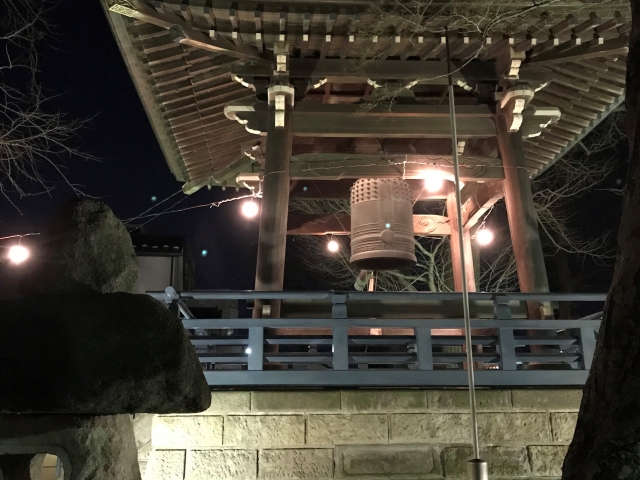
What is the origin of the number 108?
There are several theories on this. Let’s start with the most widespread one.
It represents the number of human vexations.
The number 108 represents the number of human vexations, which can be defined as “feelings and sensations that torment a person. This theory of afflictions is the most famous.
Let us look at the contents of the 108 afflictions.
First, according to the six roots (rokkon), which are the organs of the human body, there are six types of worldly desires.
The six roots are the eyes, ears, nose, tongue, body, and will.
Each of these six has a favorable (good), unfavorable (bad), and neutral (neither) state, making a total of 18 types.
Each of the 18 types also has two types, clean (jyo) and dirty (sen), making a total of 36 types.
Each of the 36 types also has 3 types: zensei (previous life), konsei (present life), and raisei (next life), making a total of 108 types.
There are 18 in one of the six roots, so the total is 18 x 6 = 108.
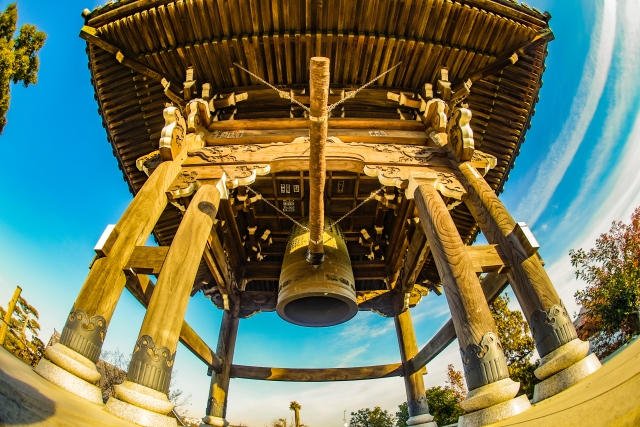
It represents the whole year.
This states that the number of months (12), the number of Nijushisekki (24), and the number of Seventy-two seasonal signs (72), for a total of 108, represents a year.
o Nijushisekki is the division of the year into 24 equal parts and the naming of the seasons.
o The 72 seasons are the seasons that are further divided into three equal parts.
I like this theory. I think it is not a bad idea to reflect on the passing year according to the seasons while listening to the bell tolling the New Year’s bell.
It represents the suffering of the four seasons.
Many people talk about this theory, except for me.
The four sufferings of life, old age, illness, and death, and the four others of separation from loved ones, meeting those who hate and resent you, not being able to obtain what you seek, and not having one’s body and mind work as one wishes, are combined and referred to as the eight sufferings.
The four sufferings are 4 x 9 = 36, and the eight sufferings are 8 x 9 = 72, for a total of 108…
I do not think that any one of these is correct, but rather that you should choose the one that suits you best.
You can think of it as getting rid of the 108 afflictions, or you can think of it as freeing you from things that don’t go your way.
In any case, on New Year’s Eve, let’s listen to the sound of the temple bell in peace and quiet.
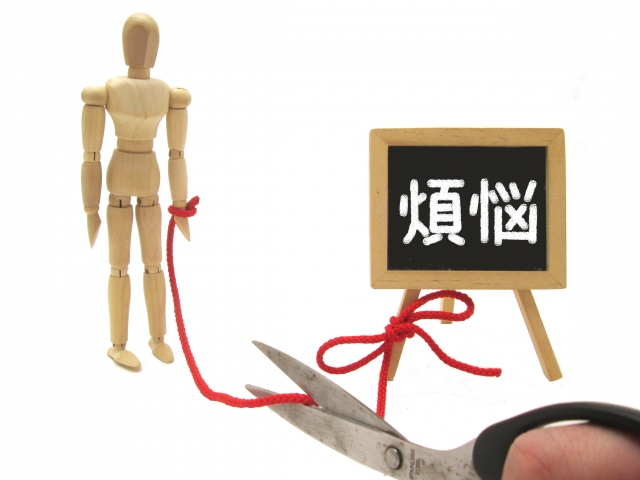
How to say “Yoruyoru no Kane” in English
The bell is called “New Year’s Eve Bell” in English.
Summary
- Tsukiyo is the night of the New Year’s Eve.
- The way to ring the bell 108 times varies from region to region and temple to temple.
- There are several theories about the origin of the number 108, such as the theory of “kuzoku” (vexations), the theory of “one year,” and the theory of “four pains and eight sufferings.
Related article:

